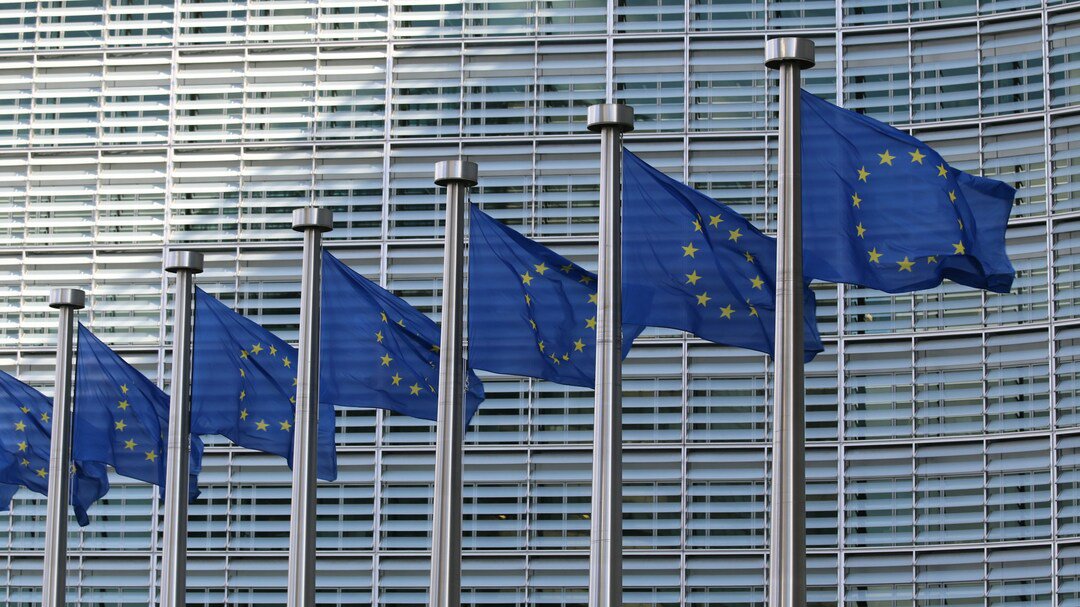Apple will share its “tap and go” tech with third-party digital wallet providers for free, the tech giant conceded on July 11 after a four-year investigation from the European Commission. As organizations are getting ready to implement, use, or even build an eIDAS 2.0 Digital Identity Wallet, the new concessions might open up possibilities for Wallet providers to extend their services.
Apple abused dominant position
In the antitrust investigation, the Commission preliminarily concluded that “Apple abused its dominant position by refusing to supply the NFC input on iOS to competing mobile wallet developers, while reserving such access only to Apple Pay.”
Free access to the NFC input
In addition to providing free access to the NFC input on iOS devices by enabling access to NFC in Host Card Emulation mode, Apple has now conceded to offer access to existing payment apps and to not charge any costs for linking a digital wallet that allows contactless payments. What’s more, Apple promised to allow the defaulting of preferred payment options, access to authentication features such as FaceID, and a suppression mechanism. By making these commitments, which will be legally binding under EU antitrust rules, Apple avoids a hefty fine.
The perfect time to seize business opportunities
The investigation is concluded at a time where all EU Member States and many public and private organizations are exploring options for the European Digital Identity (EUDI) Wallet. Under the new eIDAS 2.0 regulation, EU countries have about two years to develop and implement the Wallet, which enables users to identify, authenticate, and share data in a secure, decentralized manner.
This is the time for organizations to get involved, EUDI expert Koen de Jong said earlier, as there’s a large range of business opportunities to be found in the EUDI framework. And perhaps, the new Apple concession opens up these opportunities even further.
One key point of eIDAS 2.0 is the implementation of eSignatures, a set of free standards, tools and services that help public administrations and businesses accelerate the creation and verification of electronic signatures that are legally valid in all European Member States. For example, this means that new house owners will be able to sign a mortgage document and in a highly secure and efficient manner with their electronic signatures.
If a bank is able to provide that service within a EUDI Wallet, it will make sense to add other services to that digital wallet as well – such as the contactless payment feature. And then, perhaps it will make sense to create their own EUDI Wallet, rather than relying on the Wallet provided by the government or other parties.
A next step for EUDI Wallets?
Whether payment platforms will make an immediate switch to their own platforms is unlikely. Although banks pay fees to use Apple Pay, the question remains whether offering their own payment service is cheaper. Additionally, it will take a good product to convince current Apple Pay customers to switch to a different wallet, as the service is widely used throughout the European Union.
The new concessions “can also open the door to providers of a digital wallet, independent of a bank,” tech reporter Nando Kasteleijn at NOS said. However, questions on data security and privacy will arise when working with those third-party providers, the article said.
Organizations will need to ensure they work with providers that fully comply with all regulations. At Ubiqu, we have a platform that covers all that is needed for an organization to become a Qualified Trust Service Provider, Qualified Electronic Attestation of Attributes Provider, Wallet Issuer, and Remote signatures service provider.
Ubiqu’s proven solution provides an opportunity to build a Wallet in an efficient, fully compliant and scalable manner – without compromising on security. Want to know more? Get in touch with us here.


